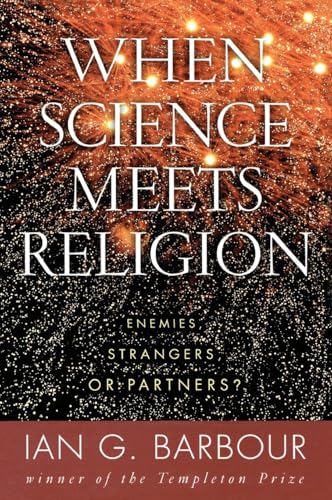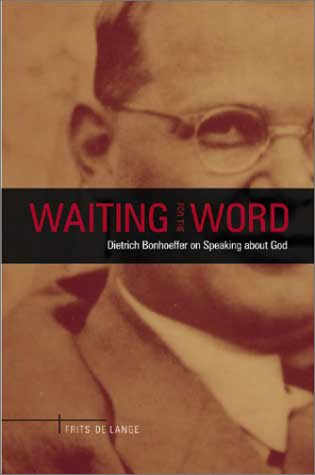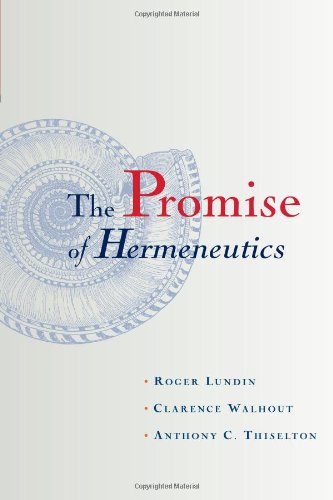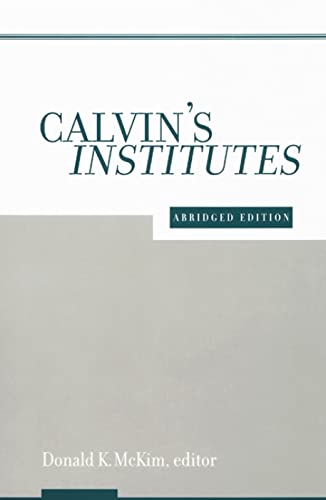Volume 27 - Issue 1
The Last Word
By Robbie F. CastlemanNarrative theology is the substance of a good testimony. Giving voice to our faith journey, our encounter and transformation by the work and person of Jesus, and our longings for holiness to match our ontological wholeness is the way Christians invite people to ‘come and see’ the Saviour. Keeping in mind that our story is not the jewel, but the setting, not the picture, but the frame, we invite people to look into our lives and see the real presence of Jesus. Paul tells us in Romans that the power of God is the gospel and this good news must be the focus of our ‘testimony’. A testimony that contains the power of God finds its focus in the person of Jesus, not our personal encounter with him.
What I often hear in churches, on TV and in many Christian venues from people is often what I call a ‘Me-amony’, a story that talks about the goodness of God and a person’s personal experience, but the sacred rehearsal of atonement through the cross, and recreation through the resurrection—the salvific work of Christ Jesus is missing.
Other than forgiveness and eternal life, the Gospel makes no other guarantees really. I can’t guarantee that a person who surrenders their life to Christ will have a faithful spouse, healthy children, cure for a malady or peace-filled nights of rest. The gospel does guarantee its power for salvation from sin and salvation for eternal life. That is it. If the story of my life is not bound up in the centrality of his story, then I am bound to either misrepresent the gospel or misdirect the seeker.
In my work with students, I often have them attend a workshop on how to give a clear presentation of the gospel within the framework of their faith story. I call it ‘The Andy Johnson Workshop’.
One of the two who heard John speak and followed him was Andrew, Simon Peter’s brother. He first found his brother Simon and said to him, ‘We have found the Messiah’.
John 1:40, 41a
Andrew’s simple invitation to his brother (and witness within one’s family is always more difficult than with those we don’t know as well!) was ‘come and see’. Today this is still the invitation. We invite spiritually hungry people to take a close look at our lives, hear our story of transformation and come and see who Jesus is and what he can do. Learning to do this with language that is not ‘stained glass and churchy’ is often a challenge for Christians. We need to do this so that we do not just talk to, but to communicate with people who don’t know the endearing language of the faith yet. What can really describe what God has done in your life? What words can be substituted for redemption; salvation; asked Christ to come in; atonement; justification; sin and the like? These substitutions can help build a bridge into another’s life, another’s language.
Contrast Andrew’s simple invitation to that of well-intentioned Philip in the passage that follows:
Philip found Nathanael and said to him, ‘We have found him about whom Moses in the law and also the prophets wrote, Jesus son of Joseph from Nazareth.’
John 1:45
What is Nathanael’s response? Scepticism about Nazareth! Philip wanted to surround his invitation with an apologetic that was, as far as he knew, convincing, but it almost got in the way of interesting Nathanael at all. We are often tempted to do the same thing. From the age of the earth, to the ten reasons we know the tomb was empty, we want to make a case for God instead of just inviting hungry people to taste the Bread at Life, just to ‘come and see’.
In our attempts at telling our story, we often get in the way of the gospel story that bears the power of God’s saving grace to those to whom we speak. When you share the narrative theology of your own life, people listen if it introduces them to Jesus.
Now apologetics has its place, and it has a different place for the post-modern hearer than it did in my own student days. In my university days, the ‘ten reasons the tomb was empty’ was part of the compelling truth that led us to grace. Truth was a driving issue in a generation that wasn’t used to being lied to. We were shocked when the President lied to us, when the government hid war statistics from us, when our parents divorced. Today, people expect to be lied to, truth claims are vacuous no matter who speaks them. Today, it is often grace that leads people to truth and we serve the Saviour well when we remember that. Students today seldom ask me ‘truth’ questions; they are on a quest for meaning. Apologetics today is less an evangelistic tool than it is a means of discipleship.
Be responsive to-day to the hunger in the lives of others and invite them to come and see Jesus, close up and personal, in your own faith story. Keep the person and work of Jesus central. Witness the power of God that brings salvation.
Robbie F. Castleman






